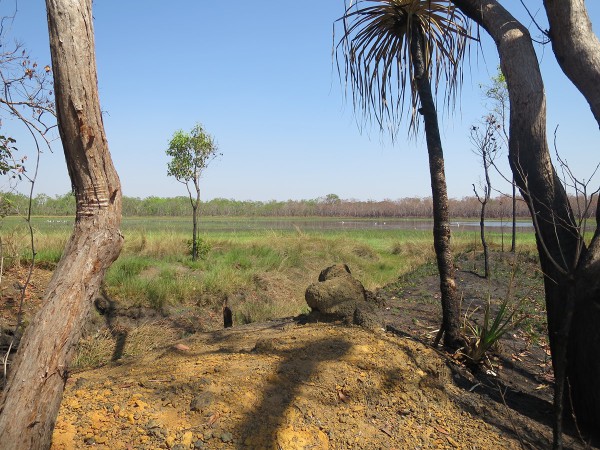We want to congratulate Dr Alec Zuo, Associate Professor Sarah Wheeler of Global Food Studies and Dr Jane Edwards of UniSA for their recent publication at the Journal of Environment Planning and Management entitled “Understanding and encouraging greater nature engagement in Australia: results from a national survey”!
A surely important publication that helps policy makers and the communities to better understand how to increase people’s natural engagement.
Taking advantage of a large-scale representative survey of the Australian population in 2011-2012 by the ABS, their study examined the influences significantly associated with nature engagement; voluntary conservation activities; advocacy of nature conservation; future nature conservation involvement and environmentally friendly purchasing behaviour.
There are multiple benefits from engagement with nature.
These include physical and mental health benefits, promoting environmental citizenship benefits, ecological benefits of urban green space and economic benefits.
Using statistical methods, the study found that:
individuals who were either younger, more educated, earned higher incomes or who lived in higher socioeconomic areas were more likely to undertake all the five different nature engagement activities.
The work concluded that although the most effective and efficient way to achieve Australia’s targets in nature engagement may be to target these particular groups, it is recommended that more research is needed to fully understand the benefits of socially disadvantaged groups engaging with nature.
In particular, a variety of engagement policies may include school programmes and other community-led programmes.
Read more about the article: here
About the authors
Dr Alec Zuo’s current projects focus on farm exit and suicide issues in the Murray-Darling Basin, which is part of Associate Professor Wheeler’s Future Fellowship. In particular he is investigating whether climate (in terms of rainfall, water allocations and drought) has contributed to farm exit, farmer mental health issues and farmer suicide, controlling for other possible influences.


